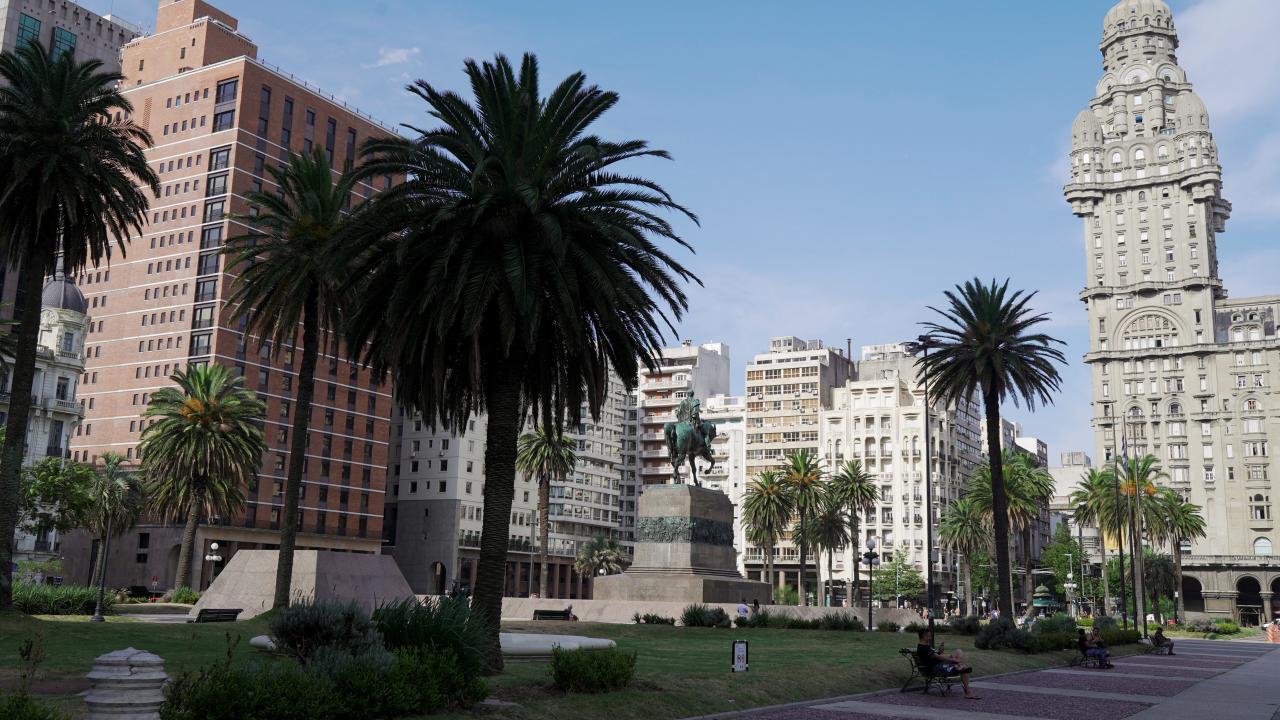
Uruguay's improvement from 65th to 57th place is mainly attributed to stability in monetary management and freedom of foreign trade.
WHAT IS THE FRASER INSTITUTE INDEX OF ECONOMIC FREEDOM?
This is a global ranking that measures people's ability to make autonomous economic decisions. It analyzes data in areas such as government size, legal structure, monetary stability, freedom to trade internationally, and market regulation. The scores are based on annual data and reflect public policies that facilitate or restrict economic freedom.
WHY DID URUGUAY ADVANCE IN THE RANKING?
Uruguay's improvement from 65th to 57th place is mainly attributed to stability in monetary management and freedom of foreign trade. These aspects are highlighted by indicators such as low inflation, control of the growth of the money supply, and the absence of black markets for currency exchange.
HOW DOES URUGUAY COMPARE WITH OTHER COUNTRIES IN THE REGION?
Uruguay is the fourth best-rated country in Latin America, behind Costa Rica (26th), Chile (33rd) and Peru (36th). However, it is far ahead of Argentina and Venezuela, which are among the five worst in the world.
WHAT PROBLEMS DOES URUGUAY FACE ACCORDING TO THE REPORT?
The report highlights a significant decline in the government size indicator, which includes higher levels of public spending and relative growth of the state apparatus. This aspect reached its lowest levels in 2020 since records began in 1975, which could be a sign of inefficiency in the allocation of public resources.
HOW IS URUGUAY POSITIONED GLOBALLY?
With a score of 7.04, Uruguay remains in the second quartile of the index, indicating an intermediate-high level of economic freedom. Despite being far from leaders such as Hong Kong (8.58) or Singapore, it remains stable in historical terms over the last 20 years.
AS FOLLOWS?
- Future challenges: Uruguay must address issues related to the size of its government. This includes implementing policies that reduce public spending and promote greater state efficiency, which are crucial to moving up the index.
- Regional potential: Consolidating monetary stability and foreign trade as pillars can keep Uruguay among the most competitive countries in Latin America, especially in comparison with more unstable economies.
- International impact: Maintaining a solid performance in the index could attract greater foreign investment by consolidating its image as a country with favorable conditions for doing business.
- Continuous monitoring: Progress in economic freedom will depend on the government's ability to balance areas of strength with areas of weakness, ensuring a stable institutional and political framework in the coming years.









